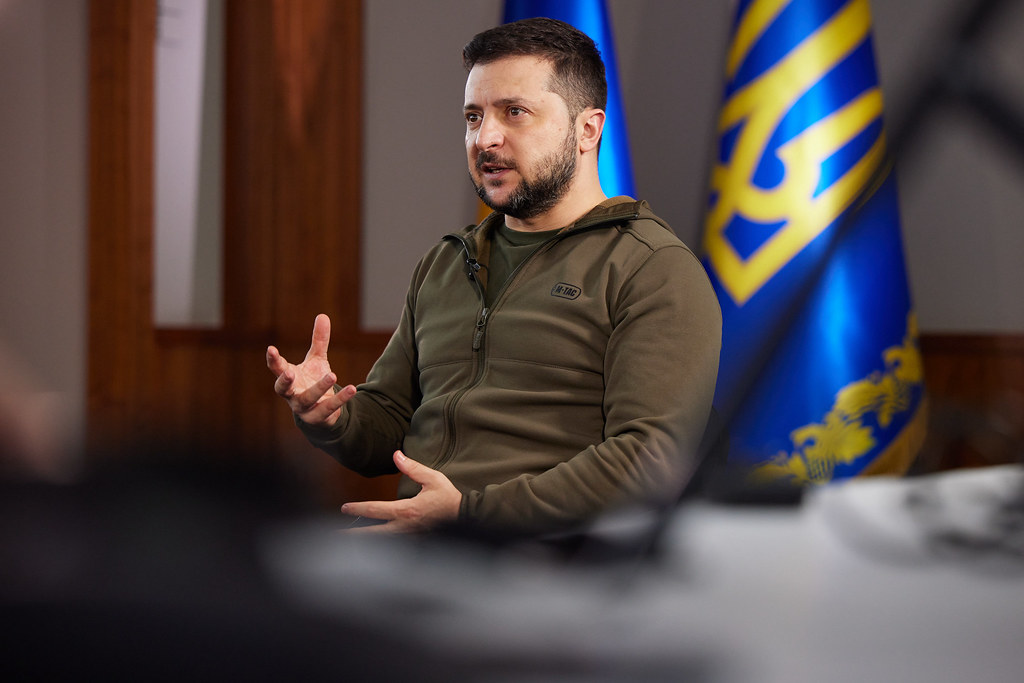Key Takeaways:
- Russians saw rising wages and job opportunities since the war in Ukraine began.
- This boosted support for the Kremlin despite economic challenges.
- Now, signs suggest this growth is ending, which could change public opinion.
Russia’s economy has been through a lot since the war in Ukraine started in February 2022. Despite sanctions, inflation, and other economic struggles, many Russians enjoyed higher wages and better job opportunities. This helped keep public support for the Kremlin strong. However, things are starting to change.
What’s Happened So Far
When the war began, Russia faced tough sanctions from other countries. Many expected the economy to collapse quickly. But instead, something unexpected happened: wages went up, and jobs became easier to find. This was partly due to a shortage of workers in certain industries. Employers had to offer higher pay to attract people.
This strong labor market helped Russians deal with rising inflation. Even though prices for goods and services went up, higher wages meant people could still afford what they needed. This economic stability helped the government maintain support for the war, even as it dragged on longer than expected.
What’s Changing Now
But now, signs suggest this good run is coming to an end. Job ads are starting to drop, and wage growth is slowing down. This could mean that the tight labor market is easing, and employers don’t need to offer as much to hire workers.
If wages stop growing, Russians may start feeling the pinch of inflation more. High prices for food, housing, and other essentials could become a bigger problem. This might lead to dissatisfaction among citizens, especially if the war continues without a clear end in sight.
What Happens Next?
The end of Russia’s economic boom could have big political implications. If people feel their financial situation worsening, they may start questioning the cost of the war. So far, the Kremlin has managed to keep support for the war relatively high, but that could change if living standards drop.
The government might try to step in and support the economy, but sanctions and the ongoing war make this challenging. If wages keep falling and jobs become harder to find, public opinion could shift. This could put pressure on the Kremlin to find a way out of the conflict.
The Bigger Picture
Russia’s economic situation is just one part of a much larger story. The war in Ukraine has caused suffering on both sides, and the global economy has felt the impact too. As Russia’s boom ends, the world will be watching to see how the Kremlin responds.
One thing is clear: the next few months will be crucial for Russia. If living standards continue to fall, it could change the course of the war and the political landscape in Moscow.
